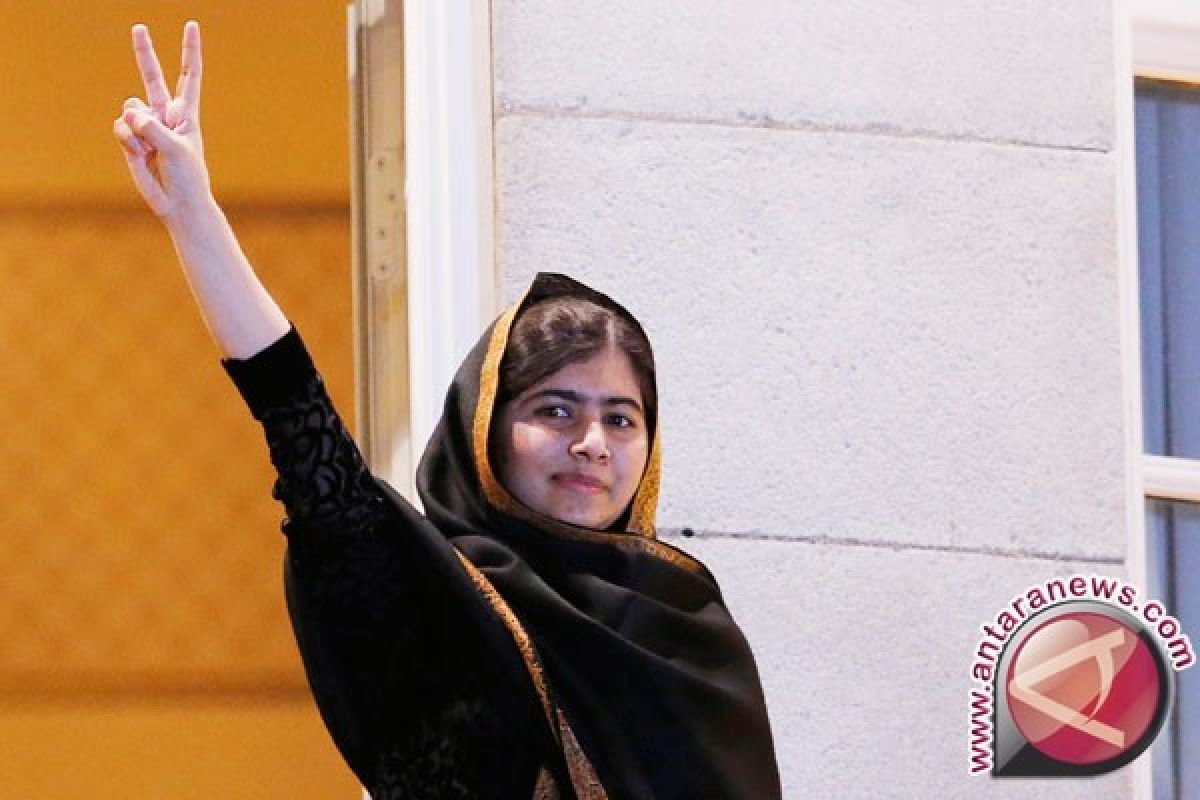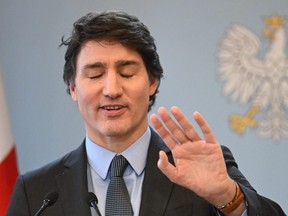International
Théa Fathanah ArbarCNBC Indonesia
News
Friday 10/27/2023 9:59 p.m. IWST
Photo: A person holds a Palestinian flag as students demonstrate to express support for the Palestinian people during a demonstration at La Sapienza University, in Rome, October 10, 2023. (REUTERS/Yara Nardi)
Jakarta, CNBC Indonesia – The 193 members of the UN General Assembly are expected to vote on Friday (10/27/2023) on the war between Israel and Gaza. However, Palestine only has an observer position and not a member, so it has no voting rights.
Jordan, acting on behalf of Arab countries, proposed a resolution in the General Assembly calling for a humanitarian ceasefire. The proposal comes after the smaller and more powerful UN Security Council (DK) failed to take action.
“I urge you all to choose to stop the massacres. Choose humanitarian aid to reach those whose survival depends on it. Choose to stop this madness,” said Palestinian Ambassador to the UN, Riyad Mansour, in a moving speech to the UN General Assembly on Thursday. , as cited Al Jazeera.
The Palestinian foreign minister also addressed the UN Security Council in a special session this week. However, as a non-member observer state, Palestine cannot participate in the same way as full UN member states.
As UN members continue to discuss how they will respond to the humanitarian crisis in Gaza, here is a brief guide to Palestine’s status at the UN.
Non-member observers
In 2012, a majority of the 193 members of the General Assembly voted to grant non-member observer status to Palestine. In total, 138 of the 193 members of the United Nations General Assembly voted yes, nine people voted no and 46 abstained or did not vote.
Countries that voted no included the United States, Israel and Canada, as well as Pacific island nations including Nauru and Palau.
Non-member state observer status is not officially recognized in the United Nations Charter but has a long history. It was first held by Switzerland and is currently only held by Palestine and the Holy See, also known as the Vatican.
The decision to grant Palestine non-member status was neither the first nor the last time the General Assembly voted on Palestine. In 1947, members of the United Nations General Assembly passed a resolution entitled the future government of Palestine.
The resolution decided that Palestine would be “divided into two states” with the creation of an “independent Arab and Jewish state” as well as a “special international regime for the city of Jerusalem”[diviséeendeuxÉtats»aveclacréationd’un«Étatarabeetjuifindépendant»ainsiqued’un«régimeinternationalspécialpourlavilledeJérusalem»[dibagimenjadiduanegara”denganpembentukan”NegaraArabdanYahudiMerdeka”serta”RezimInternasionalKhususuntukKotaYerusalem”
The resolution passed with 33 of the 57 members of the UN General Assembly voting yes. The number of UN members at that time was much lower than today, as dozens of UN member countries had not yet gained independence from European colonial powers.
Two years later, in 1949, the State of Israel was admitted to the UN as the 59th member.
Representative of Palestine
On Tuesday this week, Palestinian Foreign Minister Riyad al-Maliki addressed the UN Security Council’s open debate. Al-Maliki is part of the Palestinian Authority, led by a different political group from Hamas, which controls Gaza.
The Palestinian Authority continues to represent the Palestinian people at the UN, although, at the national level, its authority to govern on behalf of all Palestinians is complex.
Opportunity to become a full member of the UN
In 2019, the United Nations General Assembly decided to temporarily allow Palestine to exercise limited additional powers as it chairs the Group of 77, a UN group that originally had 77 members but which now has more than 130.
Australia is one country that opposes these temporary measures. Although the General Assembly votes on proposed new members, it is the Security Council that decides which candidates will be considered.
The council has 15 members, but the five permanent members – China, France, Russia, Britain and America – have veto power. The United States has used it some 34 times to block resolutions critical of Israel.
Right to vote
Unlike the Security Council which has only 15 members, the United Nations General Assembly includes 193 UN member states.
Voting in the UN General Assembly is also less complicated than in the Security Council, where resolutions are often blocked by standing vetoes. China, Russia and the United States have all used their veto power to block Security Council resolutions on Israel-Gaza over the past two weeks.
Although members of the UN General Assembly have at times taken a different approach than the UN Security Council towards Palestine, UN General Assembly resolutions are considered less binding than Security Council resolutions, particularly when it comes to calls for a ceasefire.
(luc/luc)

“Thinker. Hardcore web aficionado. Zombie evangelist. Pop culture trailblazer. Student. Passionate twitter maven.”






